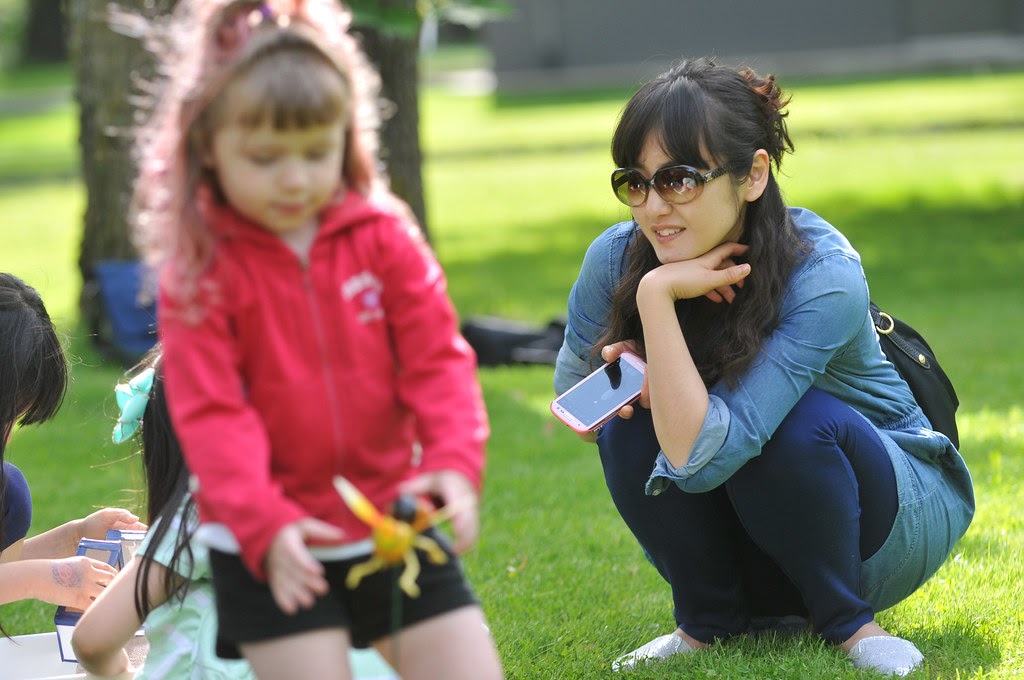
Did you know that 90% of our brain develops during the initial 5 years of our lives? Did you also know that what happens in our brains during this period sets the foundation for the kind of learning that takes place when we get to college, start our careers and the experiences we’ll have in life? Well, now, you know.
Research has demonstrated that high-quality early childhood education increases one’s chances of performing better in school, at the workplace, and in life. This is because it equips one with social and language skills, teaches them how to express themselves, helps them to develop self-esteem, improves their IQ, which all go a long way towards ensuring future success.
Let’s look at how early childhood education contributes to future success.
A. Creates love for learning
Children develop their love for learning before they get into kindergarten. This happens typically because early childhood programs are fun and comprise of tools that make learning exciting. Kids have playtime and engage in activities like coloring, painting, singing, and water play among others.
When children love learning at an early age, it becomes easy for them to continue with the hunger for knowledge, even as they grow. That is why more kids who are exposed to positive early childhood education are more likely to graduate from college and become successful in life.
B. Sets the foundation for learning
A child does not just wake up one day and start learning. There has to be a foundation for that, and it comes in the form of preschool programs. Early child education entails reading and math instructions among others which improve a child’s literacy and cognitive skills. This prepares a child for intense formal learning which continues up to when they graduate.
Findings indicate that early childhood education programs lead to high IQ scores and reduces the number of school dropouts. When enrolled in preschool programs, educators can identify any learning challenges a child may have, and these may be addressed in time. If that doesn’t happen, the child may struggle with school and finally give up in high school or even college.
Research shows that 71% of individuals who go through preschool graduate from high school compared to 54% of those who don’t. Further studies reveal that people who are exposed to early childhood education are four times more likely to earn $2000 a month by the time they are 27 years old compared to those who didn’t attend pre-school.
C. Nurtures a child’s interest
Early childhood education helps to nurture the interests of kids. Children have different needs and interests. The education they receive as toddlers involves experimenting with different activities and materials. Through this, educators and parents can identify the talents and skills that the children have and help to nurture them. For example, if your child likes to dress up dolls, then you might want to tell them more about the fashion design world and see if they are interested in that. If they have a special love for building blocks, then you might educate them on what architects do and see if it sparks an interest in them.
When a child’s interests are nurtured from an early age, it minimizes their chances of getting confused later on in life and wondering which direction to take. Instead, they will simply follow their interest and become successful before their peers, who may still be figuring out what they want to do with their lives.
Final Thoughts
Now that you know that most of what your child needs to be successful in their life is cultivated before they get to kindergarten, what is your next step? Are you willing to consider giving your child a positive early childhood education? I certainly hope so — all the best as you figure this out.



























